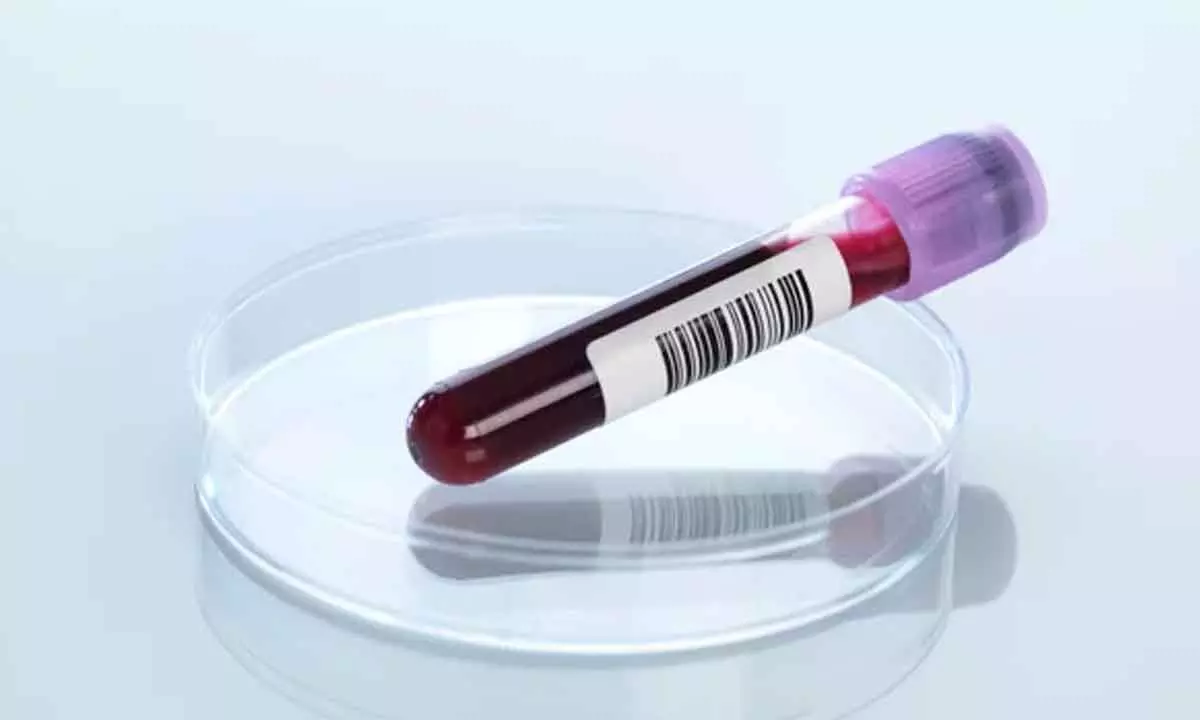New test can detect Alzheimer's neurodegeneration in blood

A group of neuroscientists has developed a test to detect a novel marker of Alzheimer's disease neurodegeneration in a blood sample.
A group of neuroscientists has developed a test to detect a novel marker of Alzheimer's disease neurodegeneration in a blood sample.
The biomarker, called "brain-derived tau" or BD-tau, outperforms current blood diagnostic tests used to detect Alzheimer's-related neurodegeneration clinically.
It is specific to Alzheimer's disease and correlates well with Alzheimer's neurodegeneration biomarkers in the cerebrospinal fluid (CSF), according to the study led by a University of Pittsburgh School of Medicine researcher and published in the journal Brain.
"At present, diagnosing Alzheimer's disease requires neuroimaging," said senior author Thomas Karikari, assistant professor of psychiatry at Pitt.
"Those tests are expensive and take a long time to schedule, and a lot of patients don't have access to MRI and PET scanners. Accessibility is a major issue," he mentioned.
By applying their knowledge of molecular biology and biochemistry of tau proteins in different tissues, such as the brain, Karikari and his team, including scientists at the University of Gothenburg, Sweden, developed a technique to selectively detect BD-tau while avoiding free-floating "big tau" proteins produced by cells outside the brain.
To do that, they designed a special antibody that selectively binds to BD-tau, making it easily detectable in the blood.
They validated their assay across over 600 patient samples from five independent cohorts, including those from patients whose Alzheimer's disease diagnosis was confirmed after their deaths, as well as from patients with memory deficiencies indicative of early-stage Alzheimer's.
The tests showed that levels of BD-tau detected in blood samples of Alzheimer's disease patients using the new assay matched with levels of tau in the CSF and reliably distinguished Alzheimer's from other neurodegenerative diseases.
Levels of BD-tau also correlated with the severity of amyloid plaques and tau tangles in the brain tissue confirmed via brain autopsy analyses.
Scientists hope that monitoring blood levels of BD-tau could improve clinical trial design and facilitate screening and enrollment of patients from populations that historically haven't been included in research cohorts.
"The most important utility of blood biomarkers is to make people's lives better and to improve clinical confidence and risk prediction in Alzheimer's disease diagnosis," Karikari said.















